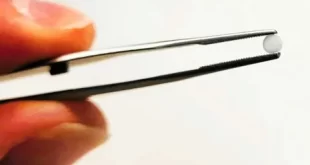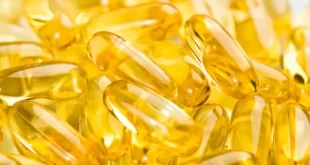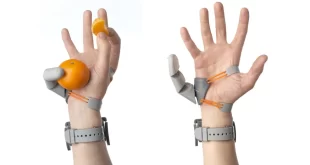The Teruel Lab uses quantitative fluorescence imaging, cell biological approaches and mouse models to study the interplay between adipose tissue, pancreatic beta cells, and muscle tissue, and their dysregulation in obesity, diabetes and prolonged stress conditions. Current projects build on work published in Ahrends et al. Science 2014, PMID:24948735; Bahrami-Nejad et al. Cell Metabolism 2018, PMID:29617644; Zhao et al. Cell Reports2020, PMID:32553172; Tholen et al. Cell Reports 2022, PMID:35767959; Zhang et al. PNAS 2022, PMID:35939672; Bahrami-Nejad et al. PLOS Biology 2022, PMID: 36469503; Kudo et al. Cell Systems 2023 37995680.
You will be joining an effort we recently started centered on a parallel in vitro, organoid, and mouse model strategy to understand a pressing obesity problem how stress-induced flattening of daily glucocorticoid oscillations can initially lead to reversible adipose tissue expansion, hyperinsulinemia, a shift from muscle to fat mass, and later development of persistent obesity and insulin resistance. A second project focuses on what is arguably one of the most fundamental problems of all differentiation processes how and why circadian rhythms, the cell cycle, and differentiation are closely coupled to control tissue size. We are particularly interested in using 3D organoid models and adapting methodology we developed to track the full differentiation, proliferation, and circadian rhythm processes live in thousands of individual cells. Visit our lab website to find out more: meyerteruellabs.org.
The Teruel Lab is located in newly renovated space. Our lab has multiple state-of the art, ultrafast microscopes setup for long-term, as well as super-resolution, live-cell imaging and photolithography to micropattern matrix to generate in vitro organoid models. We are part of an exceptional academic environment with opportunities for interdisciplinary and collaborative work within Weill Cornell/Cornell University, Rockefeller University, and Memorial Sloan Kettering Cancer Center.
Job Requirements
The ideal candidate should hold a PhD. and/or M.D./Ph.D. degree or equivalent. Expertise in mouse physiology, quantitative image analysis, or fluorescence microscopy are a plus. Most importantly, the candidate should be interested in learning different technologies as these interdisciplinary projects may involve molecular biology, 3D cell culture, organoids, mouse models, quantitative microscopy, live-cell imaging, or image analysis.
Please send a cover letter and CV, including three references, to Dr. Mary Teruel at mnt4002@med.cornell.edu.
Salary Range is: $67,000 – $71,000.
Weill Cornell Medicine offers competitive benefits and subsidized postdoctoral housing in Manhattan and Roosevelt Island.
خصائص الوظيفة
| تصنيف الوظيفة | Santé et médecine, Postdoctoral |
 Etudes Non Stop دراسة بدون توقف
Etudes Non Stop دراسة بدون توقف



